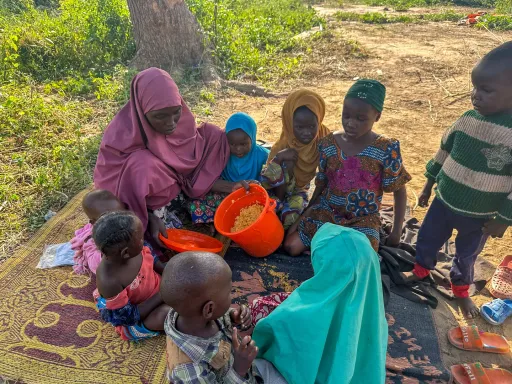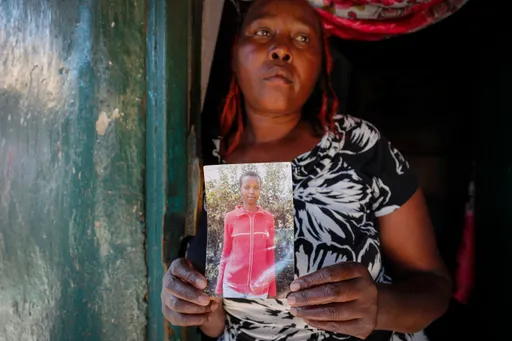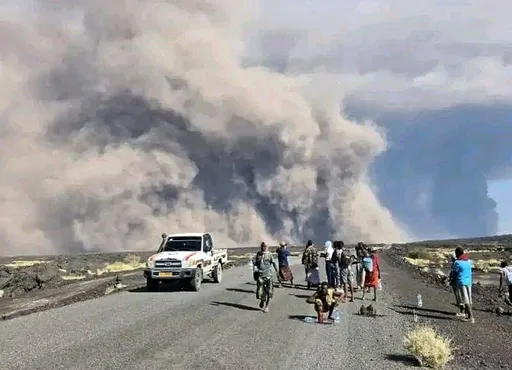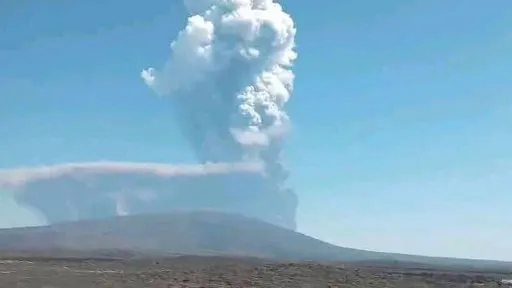By Johnson Kanamugire
The ongoing Russia-Ukraine crisis entered its second calendar year just weeks ago. It continues to foment hardship for consumers across countries on the African continent, as the efficiency of measures instituted by governments to curb the resultant effect on food supply faces a litmus test.
For a continent whose food import bill grew to more than $45 billion annually, despite possessing 60 percent of the world's uncultivated fertile land and a youthful workforce, it was a matter of time before it would be hit the hardest by the global food crisis initially blamed on the pandemic, and since exacerbated by the war.
In fact, very few countries on the continent, if any, were caught with food reserves to cushion consumers for the bare minimum time, having just emerged from a pandemic and walked straight into global trade supply-chain disruptions that have since seen oil, gas and commodity prices further skyrocket.
For the local crop and livestock production that relies heavily on imported input, fertiliser and other raw materials, the crisis has since translated into high production costs of everything from food to manufactured goods, hurting consumers in the low-income and poor bracket the most.
It has exposed the vulnerability of local food systems and, more significantly, left countries with little to show for many years of pledged investment in the agriculture transformation to boost local supply of essential food items and agricultural commodities.
The overall situation highlights long-standing concerns over leaders' failure to honour commitments under the Malabo Declaration, a 2014 instrument agreed on at the continental level to invest at least 10 percent of government expenditure in agriculture in a bid to eradicate hunger and poverty within a decade.
Efforts not enough
As things stand nine years later, only one country – Rwanda – is on track to meet the targets by 2025.
Three more countries that were meeting the targets in 2019 fell off track, according to a biennial review report published by the African Union (AU) in March 2022.
The report is a product of mutual accountability tools by the continental organisation to track member States' progress in implementing the Malabo Declaration.
Despite registering progress, Rwanda, like Zimbabwe and Ghana, ranks among the top 10 countries with the highest food price inflation globally, based on the latest World Bank assessment. The former has also had stunting rates at over 30 per cent.
Overall, because of past shocks and ongoing crises, efforts by governments on the continent do not offer much hope to end poverty and hunger within a foreseeable future unless they prioritise increased investment in agriculture, support local production and ease of trade in farm input and output across borders.
With the effects of the Russia-Ukraine crisis running deeper into the lives of millions of households on the continent more than a year later. Existing vulnerabilities impair the nation's ability to produce food to feed a growing population. The continent has a third (283 million) of the world's 850 million people living with hunger.
African leaders who convened at the summit dubbed "Feed Africa: Food Sovereignty and Resilience", held in Dakar, Senegal, learnt that the number could rise even further if left unchecked.
The summit enabled the continent to mobilise $50 billion in funding to tackle food insecurity.
Interventions by governments on the continent have primarily focused on subsidising fuel costs, fuel, fertiliser, cooking oil, grains and other commodities needed as farm inputs or raw materials for manufacturing, alongside exploring alternative sources of imports. Still, these have done little to ease the woes of consumers in the market to date.
African economies increasingly find it costly to maintain the subsidies as they cannot be extended to all commodities whose costs increasingly shoot beyond the reach of many in the low and poor-income category.
The suffering is worsened by adverse weather patterns like low rainfall and droughts that have affected seasonal agriculture output in many parts of the continent.
Politicians must move beyond quick fixes to the ongoing food and nutrition crisis and devise long-term measures to salvage the situation and build resilience to other problems.
Agricultural hubs
Efforts and resources now need to shift to supporting local-anchored initiatives that help adapt to current and future food crises, especially those that spur both crop and livestock production, while at the same time removing barriers to trade between countries to allow farmers and regions to exchange and transact in food commodities easily.
The intra-continental trade promoted under the continental free trade market (AfCFTA) is a step in the right direction.
Initiatives like the African Union-spearheaded establishment of agro-industrial hubs across regions of the continent to boost local supply of critical strategic agricultural commodities could equally reset the continent on track to feed its growing population.
But like the unmet pledges under the Malabo Declaration, implementing these initiatives depends on individual countries' political will. Will crises-induced miseries in the lives of millions across the continent put sense into our politicians this time?
The writer is a multi-platform Rwandan journalist specialising in public-interest stories.
Disclaimer: The viewpoints expressed by the authors do not necessarily reflect the opinions, viewpoints and editorial policies of TRT World.
























